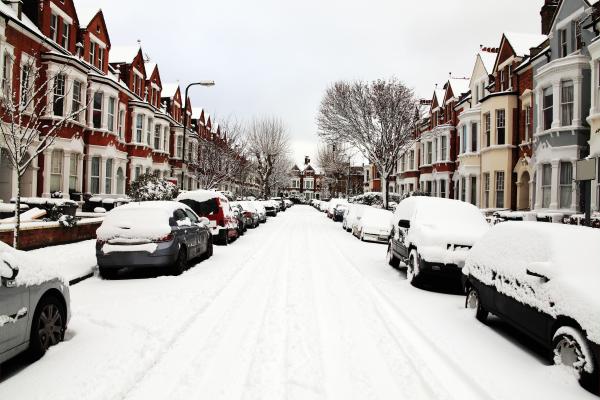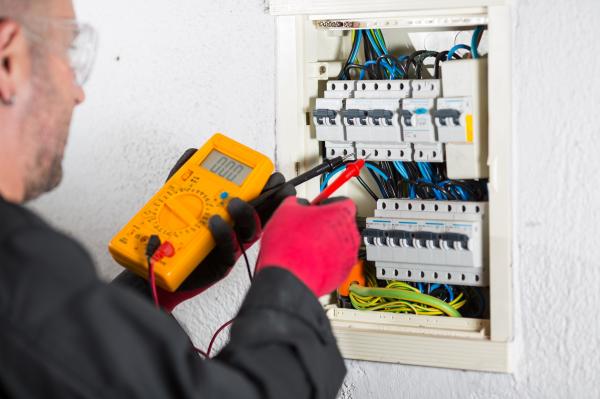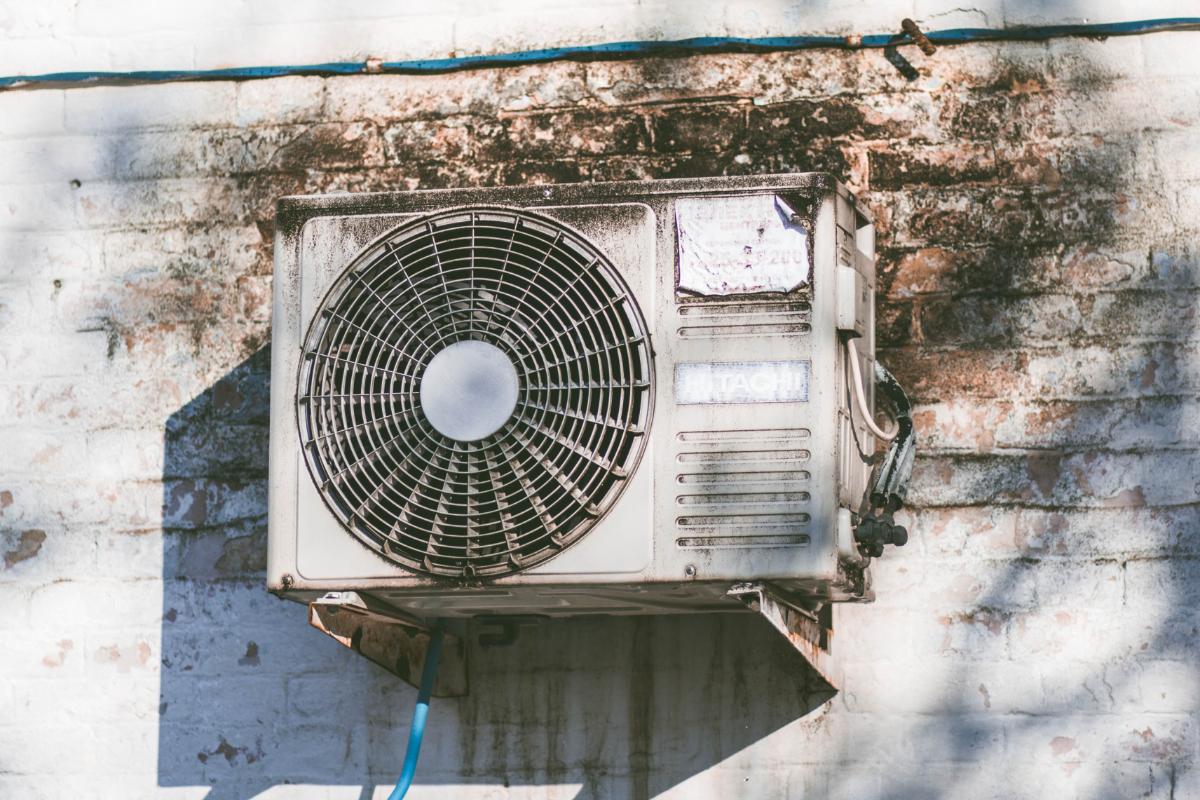
As a landlord you know you're responsible for providing your tenant
with a safe and fit place to live. For the most part that involves keeping on
top of repairs. But it also means servicing appliances and maintaining the
property. However, something which can crop up which you may not consider is controlling
pests.
How a pest problem can affect you as a landlord
Pests, whether in the form of bugs or vermin, can cause damage,
distress and disputes with your tenant. Rodents can wreak a surprising amount
of damage by chewing through wood or pipe work. Rats can make very short work
of wiring if they get into the property and a mice infestation is very unpleasant
for all concerned. -
Apart from damage there can be wide-ranging health issues whenever
pests invade a property. Even things like wasp nests can cause issues
especially if your tenant is allergic to their sting.
Remember your rental must be 'fit for habitation'. This applies from
the start of the tenancy to the end of the lease. This includes making sure
there's no risk to the tenants health or safety. But pests cans seriously
affect your tenant's health so you really need to keep your property free from
infestation. Or if the worst does happen you need to sort it out straight away.
Tips for keeping pests away
Pest control is something you need to take seriously. And as prevention
is better than cure here's some tips for keeping pests away.
1) Make sure there's no cracks or obvious entry points near windows
or in walls. Rodents can squeeze through tiny gaps so ensuring brickwork is in
good condition is hugely important. Seal up any gaps or crevices.
2) Regularly clean shared areas if you have an HMO.
3) Provide plenty of waste bins. This sounds obvious but make
sure all the bins are present including any recycling bins supplied by the
council. A lack of bins can lead to an accumulation of rubbish and nothing attracts
pests so much as piles of rotting waste. If you have an HMO it's even more
important to ensure there are plenty of bins for all tenants.
4) Keep the garden and any outbuildings clear from piles of
rubbish. Yes, your tenant has responsibilities here but be proactive if you see
the start of a problem.
5) Make it easy for your tenant to report problems to you. Make
sure they have your contact details and always respond to their calls.
How to solve a pest problem
If you have a pest problem in your property you need to get it sorted
fast. Remember you have a responsibility for protecting the health of your
tenant. And the best way of sorting out any pest infestation is to call in the
professionals.
There are plenty of pest extermination companies out there and they
know what they're doing. Professional pest controllers can quickly resolve any
issue. And they'll do it faster, more hygienically and more effectively than
you could on your own.
Why you can't ignore pests
If a pest infestation occurs your tenant is understandably going to be
upset. And rightly they'll want it sorting out as soon as possible. If you
don't respond the situation can quickly escalate into an ugly dispute.
But your tenant could also get in touch with the environmental health
department of your local authority. The council could order you to carry out
work or even take enforcement action against you. And that's a situation you
don't want to be in.
Private landlords can find tenants fast by listing their property with
MakeUrMove the online letting platform bringing landlords and tenants together.







